

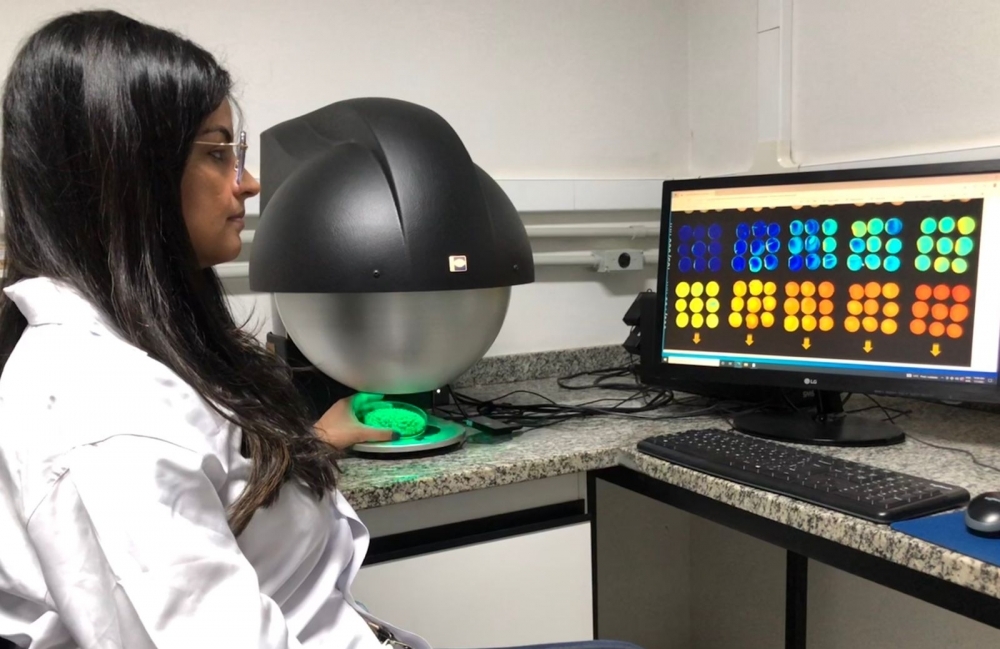
Research conducted by Brazilian scientists has demonstrated that chlorophyll fluorescence is a reliable predictor of seed maturity. The greener the seed, the lower the quality. Manual separation is the rule in Brazil.
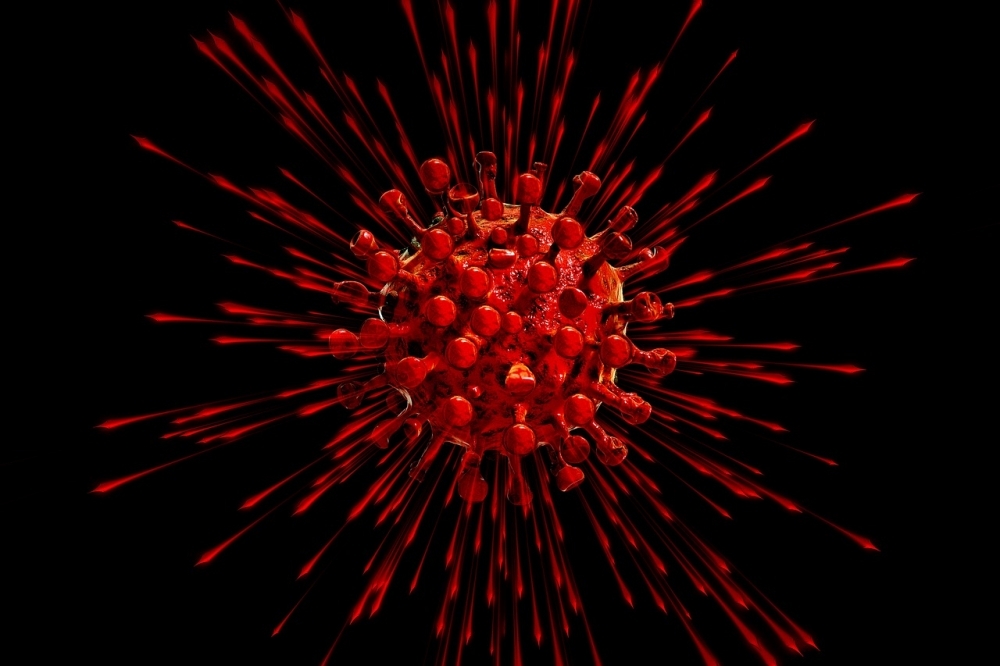
While some patients die with a high viral load and little inflammation, others succumb to inflammatory complications that arise after the virus is eliminated from the organism. According to scientists at the University of São Paulo, lasting inflammasome activation is key in such cases. The findings can be used to develop personalized therapeutic approaches.
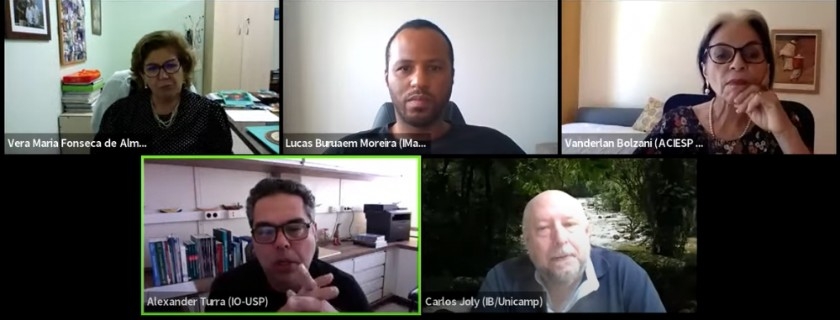
In a webinar held to present the third chapter of the book published by the São Paulo State Academy of Sciences to commemorate FAPESP’s sixtieth anniversary, specialists showed that protection of terrestrial and marine environments contributes to food production and job creation, among other benefits.
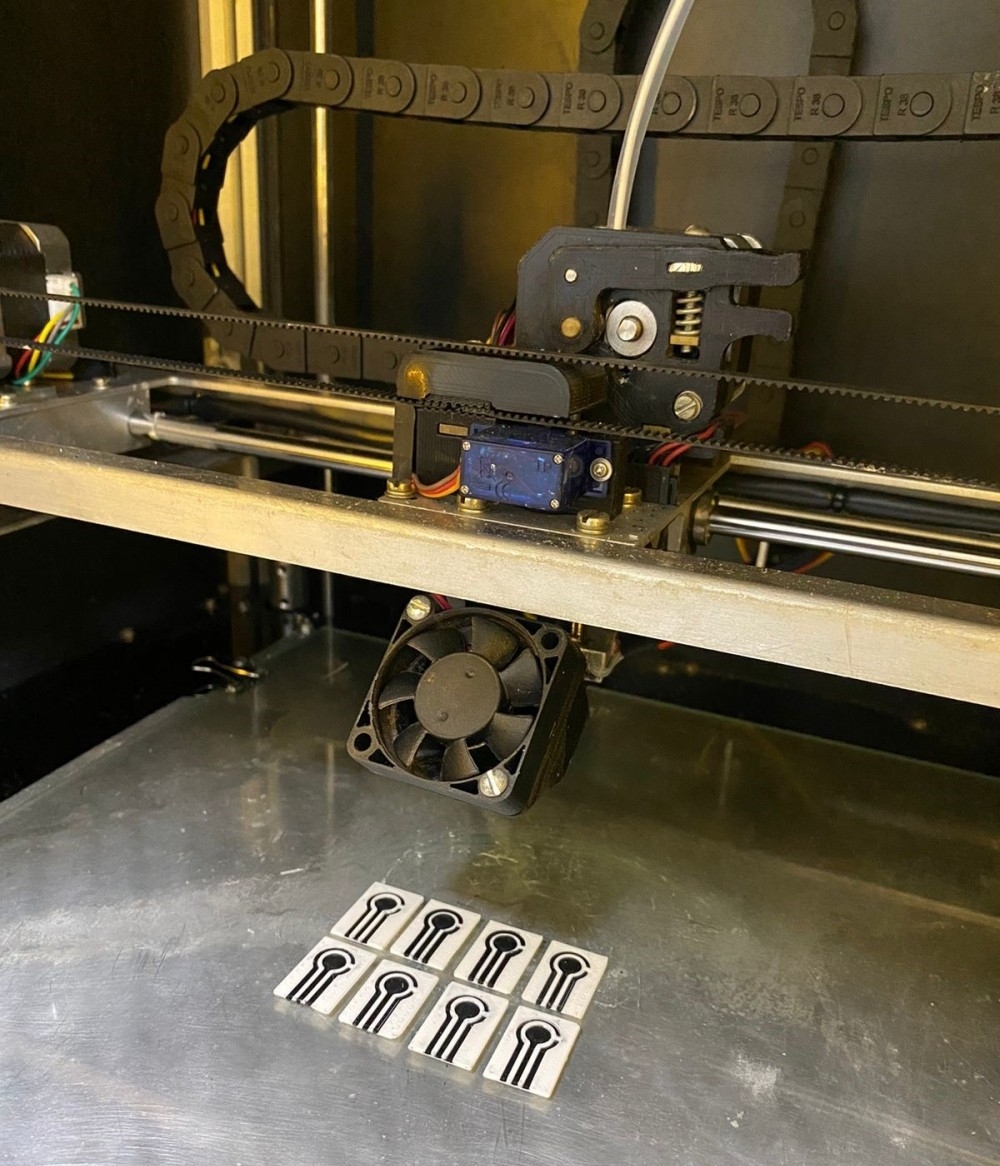
Conducted by Brazilian researchers, the study focused on the fused deposition modeling technique and was featured on the cover of Analytical Chemistry, a journal of the American Chemical Society.
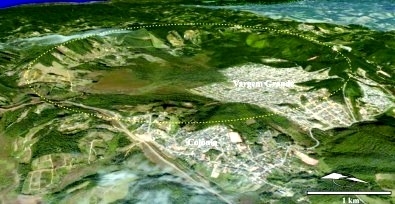
Spherules were discovered in the sediments present at depths of 180-224 m inside the crater located in São Paulo, Brazil. Their shape suggests local rock was pulverized, nebulized, and expelled upward by the collision.
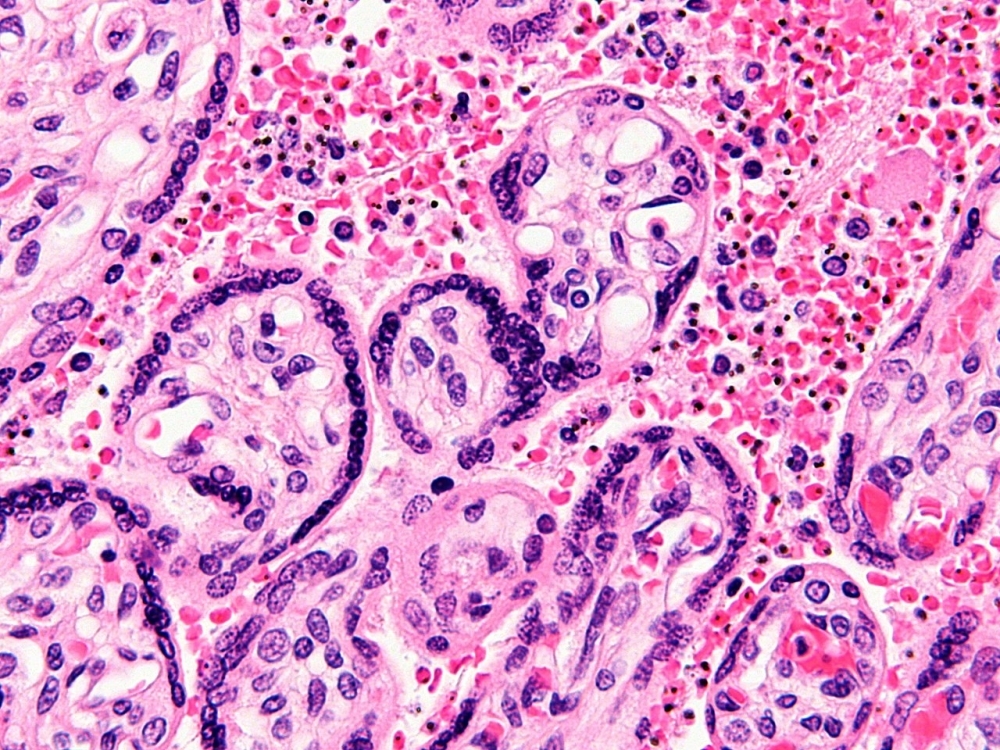
A study published in Lancet Regional Health – Americas will help improve actions to combat this public health problem in the North of Brazil.
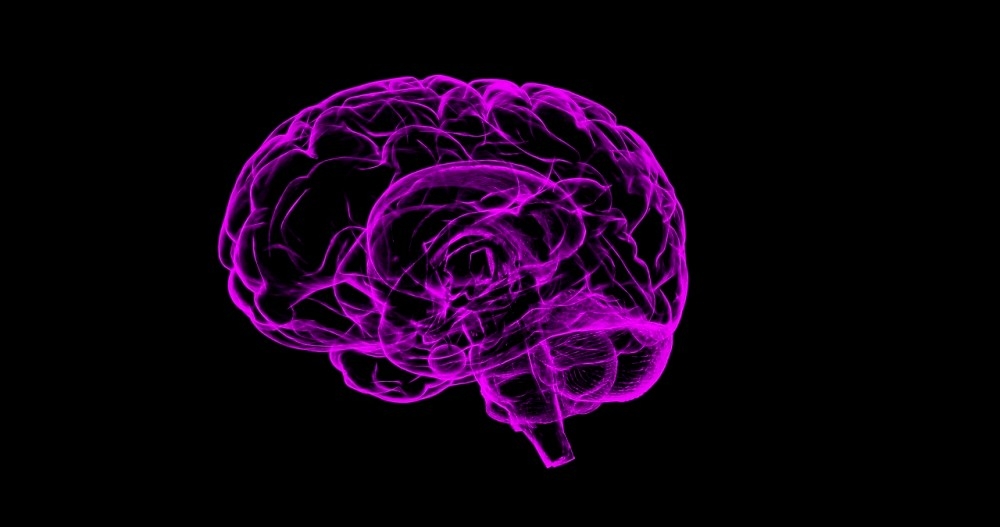
Researchers at the University of São Paulo in Brazil followed up hundreds of COVID patients after discharge from hospital in São Paulo City. Tests conducted six months later showed that those with the most severe sensory disorders also performed worse in tests of cognitive functions, especially memorization.
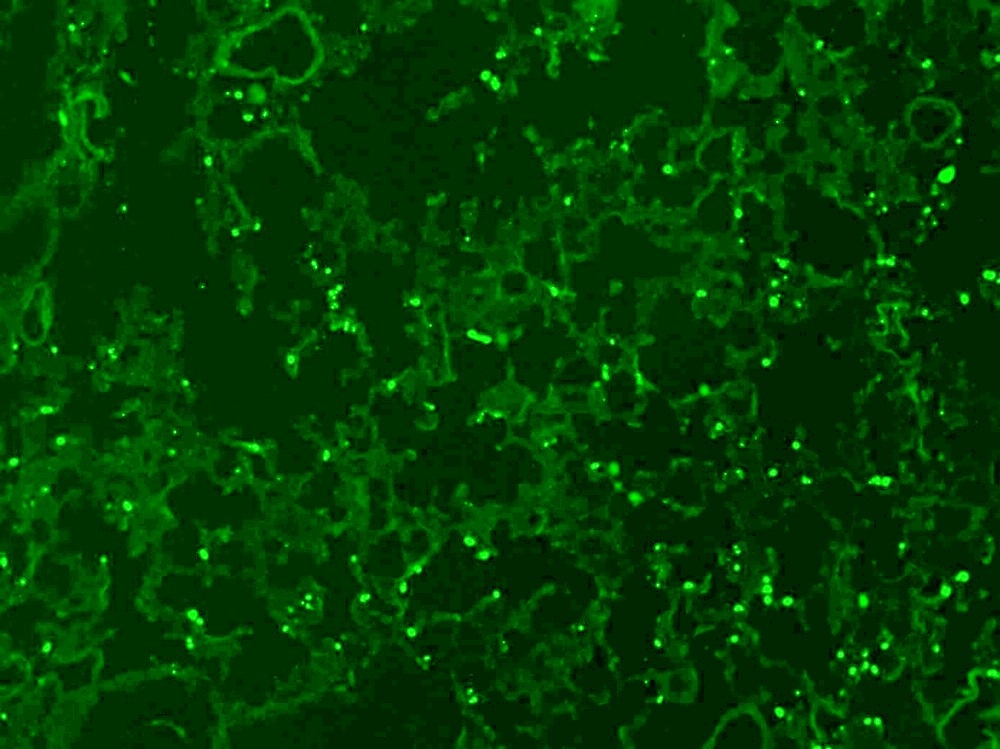
Researchers at the University of São Paulo tested a therapeutic intervention that proved capable of reducing the mortality rate from MA-ARDS in experiments on mice. The findings point to an avenue for the development of novel treatments for human patients.
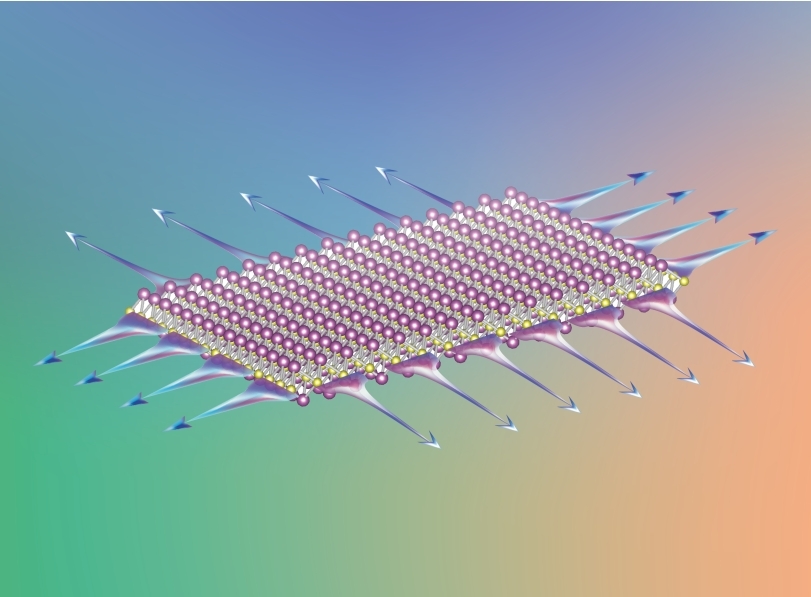
Discovery by Brazilian researchers featured on cover of the journal Nanoscale is noteworthy because of possible applications in next-generation electronic devices.
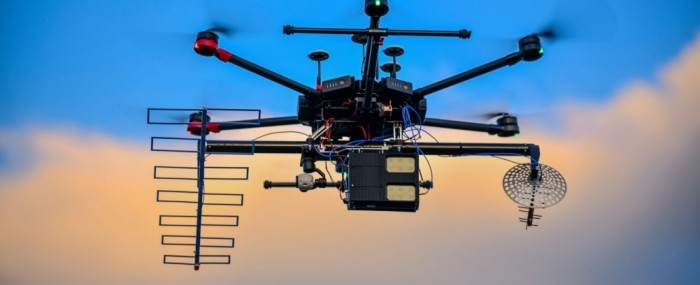
A startup supported by FAPESP developed the technology, which is being tested by pulp and paper manufacturer Klabin.

Researchers at the University of São Paulo showed, through experiments on animals and genetically modified cells, that this type of cancer advances more slowly when the light-sensitive molecule known as melanopsin is deactivated. The discovery could point to novel therapeutic strategies.

A study conducted at the University of São Paulo highlights the importance of riparian forests in the process.
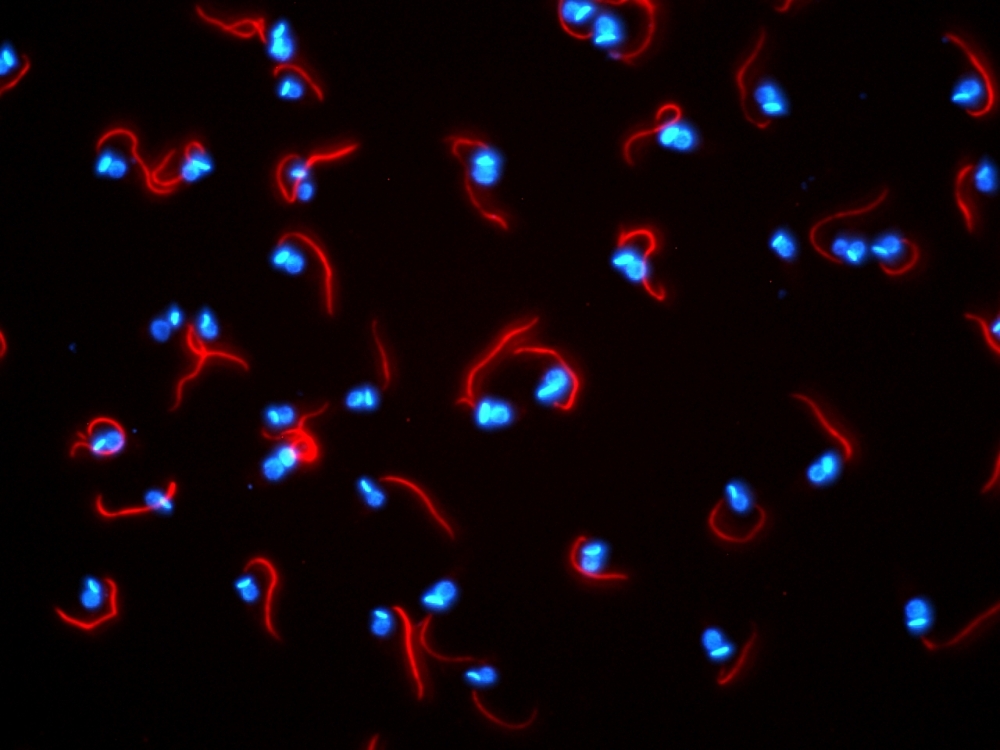
Double-strand DNA breaks cause cell damage in several organisms, but apparently play a key role in the lifecycles of species that cause Chagas disease, sleeping sickness and leishmaniasis. The results of the study pave the way to the development of more effective treatment.

The strategy was tested at the Federal University of São Carlos. The conversion took place under ambient temperature and pressure conditions, which could enable methane, a potent greenhouse gas, to be used to produce fuel. The process currently used by the chemical industry consumes large amounts of energy.

Quantum materials were the focus for the 12th FAPESP 60 Years Conference, which featured leading experts in the field.
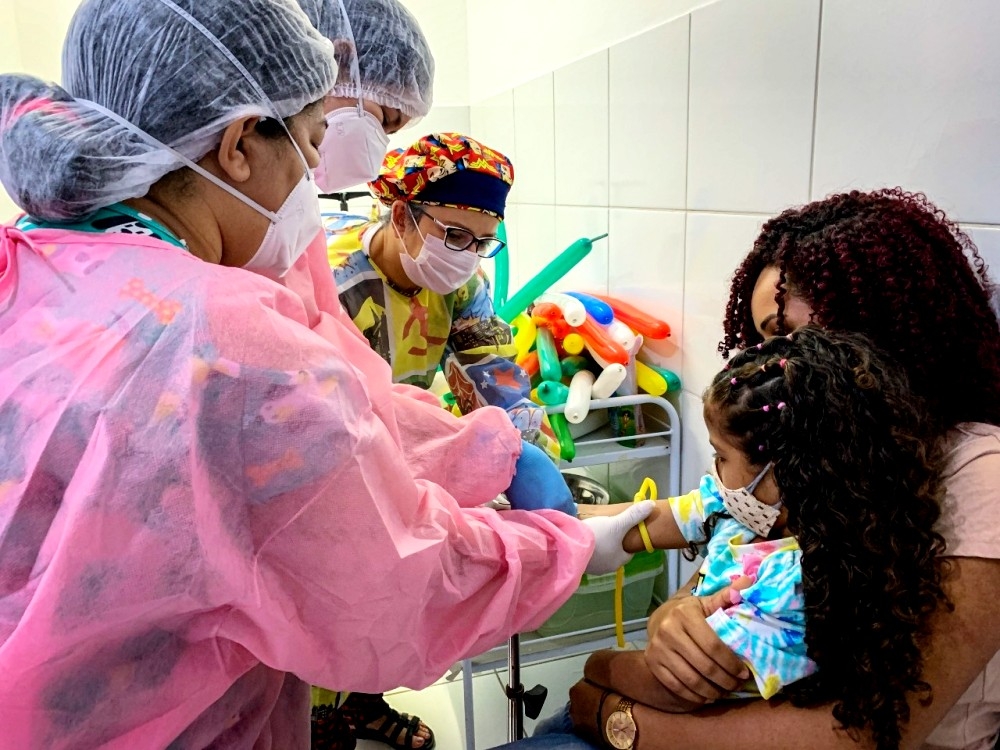
In a longitudinal survey of children born in 2015 and 2016 in a city in Acre State, North Brazil, over half of the participants reported experiencing hunger in the previous month. The occurrence of symptoms also correlated with social vulnerability, and with the mother’s schooling and skin color.

A project supported by environmental agencies, local government and private enterprise, as well as FAPESP, compared the use of a wooden pole bridge and a rope ladder bridge between tree canopies over a local road for three years in a municipality with an Atlantic Rainforest conservation unit. Monitoring focused on the Black lion tamarin, an environmental heritage species symbolizing wildlife conservation in the state of São Paulo.
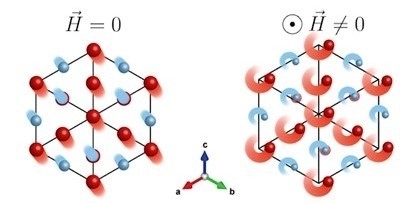
Results published in Physical Review Letters by scientists at the University of São Paulo and Rice University can be used to improve thermoelectric devices.

The world’s largest tropical forest has already lost 30% of its carbon storage capacity owing to human activity. This and other topics were discussed at a webinar held to honor FAPESP’s 60th anniversary by the São Paulo State Academy of Sciences.

Brazilian researchers have developed an algorithm to identify the protozoan Trypanosoma cruzi in photographs of blood samples taken with a mobile phone camera. The low-cost method is described in the journal PeerJ and can be reproduced.
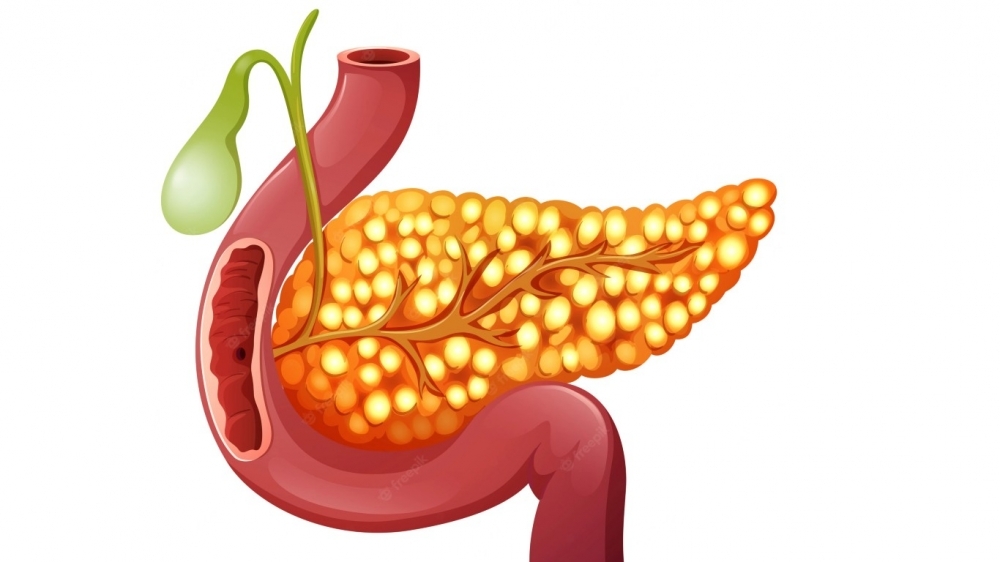
Researchers at the University of São Paulo analyzed the expression of long non-coding RNAs, the type that does not give rise to proteins, in samples from patients and tumor cell lines, identifying a group of genes with augmented expression in pancreatic cancer.
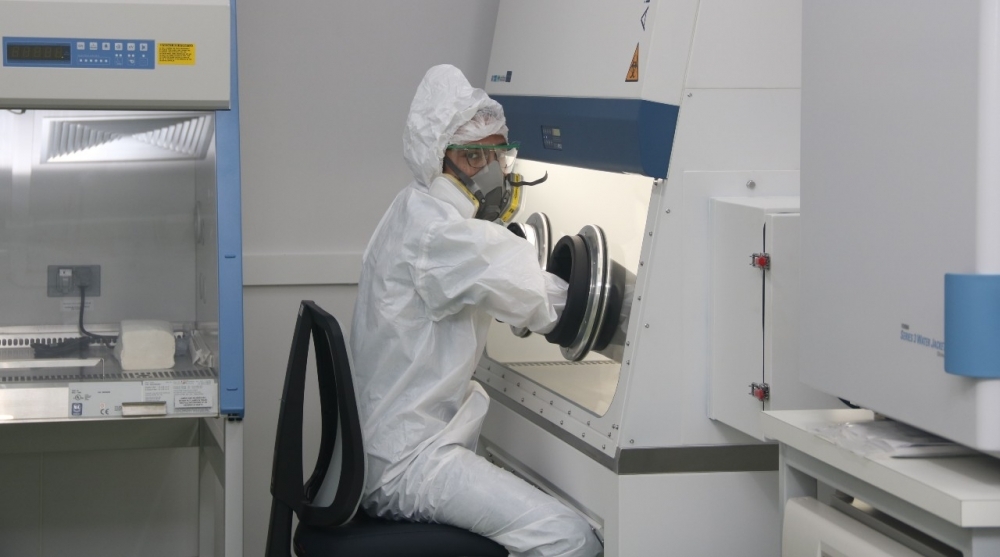
The agreement was signed between the University of São Paulo, the state government and Pasteur Institute at an event held to celebrate the 200th anniversary of Louis Pasteur’s birth and FAPESP’s 60th anniversary. FAPESP renewed and expanded its support for the Scientific Platform Pasteur-USP, which will host the new research unit.

A clinical trial involving women aged 55-70 suggests that supplementing diet with this nutrient can reinforce the organism’s antioxidant defenses and possibly reduce the risk of cardiovascular disease, diabetes and high blood pressure. Studies with more volunteers are needed to confirm the effect.
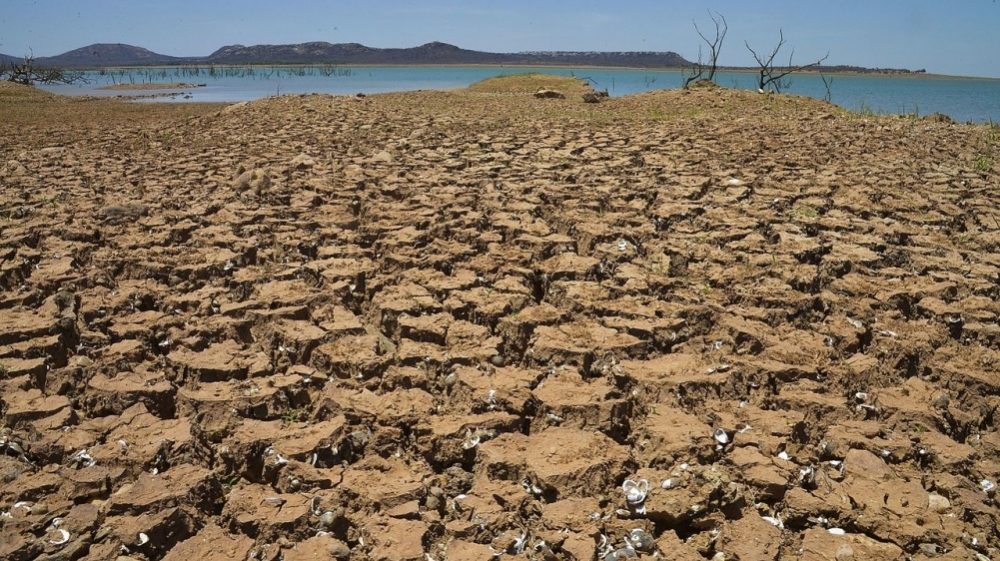
The finding comes from a study reported by scientists from Brazil, China, Australia and Germany in the journal Geophysical Research Letters. The group used a novel methodology focusing on low rainfall and severe drought.
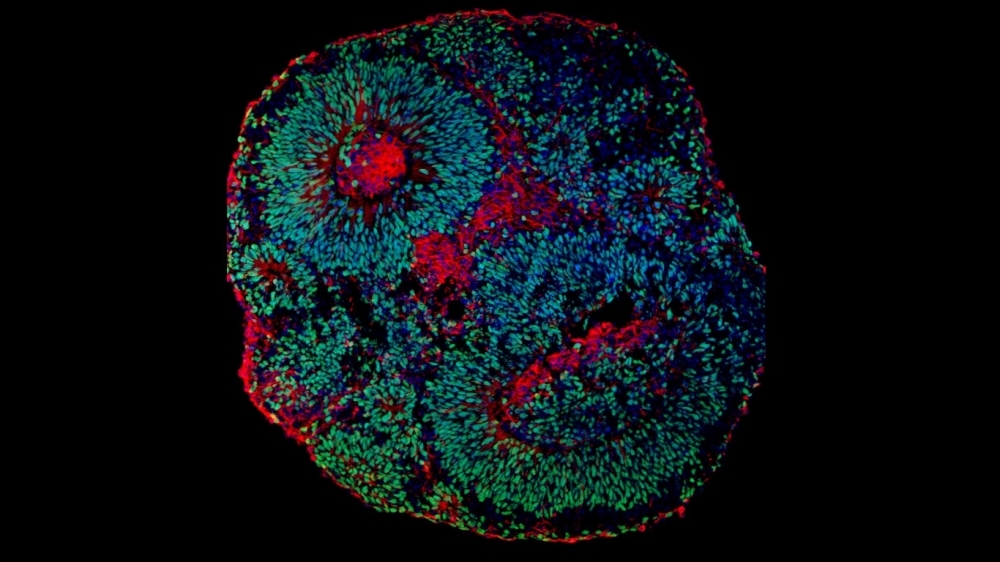
Researchers at the State University of Campinas and the University of California San Diego have discovered the mechanism that causes this rare but severe autism spectrum disorder. They reversed progression of the syndrome in laboratory models, opening up new possibilities for treatment using drugs and gene therapy.